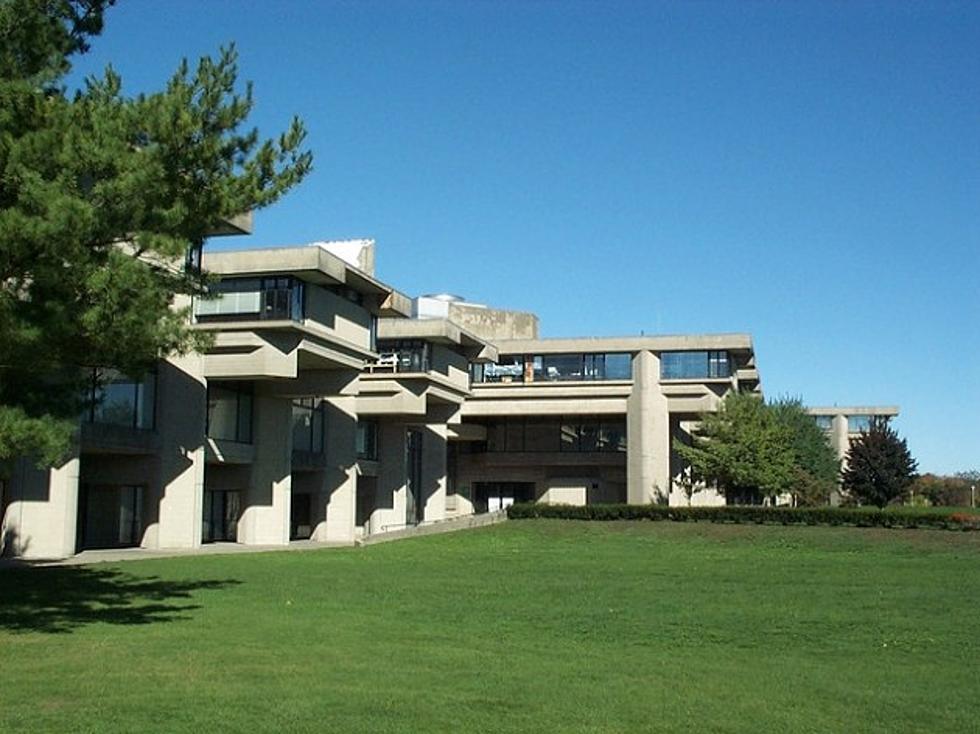
Meehan: UMass Tuition Likely to Increase
BOSTON — Tuition and fees for University of Massachusetts students will likely increase 2 to 3 percent for the coming academic year, depending on how the state budget shapes up, UMass President Marty Meehan said at at Board of Trustees meeting on Wednesday.
The university is waiting to determine the exact size of the increase until July when officials expect work to be complete on the state's fiscal 2018 budget. The state budget, which covers the fiscal year that begins July 1, includes funding needed to fuel university operations.
The five-campus UMass system had more than 74,000 students enrolled during the 2016-17 academic year and saw its largest graduating class ever in 2017: some 17,700 students earned UMass degrees.
The university initially requested $538 million in state funding for the 2018 fiscal year, a $30 million increase over the current year. The Senate budget allocated $534 million, the House budget $513 million -- $21 million less than the Senate and $25 million less than the university's request. Pointing to state revenue growth patterns in the 2017 fiscal year, Meehan said it is hard to tell how much funding the university will end up with.
"I'd like to see as much money as possible for the University of Massachusetts before the trustees look at setting tuition. We're obviously hoping for as much money as we can get, but I also think it's important for us to recognize this is a wide gap between what the revenue projections are saying and what's, for example, in the Senate budget," Meehan said. "We want to see as much as we can and I'm continuing to talk to appropriate leaders at State House. We're hopeful but we don't know what we're gonna end up with."
Meehan last week said he expected a slight increase in student charges and on Tuesday he attached a numerical range.
"Based on our expectation of the conference committee outcome, we anticipate that we will be recommending to the board a slight tuition increase, probably in the neighborhood and we don't know yet, of somewhere between 2 and 3 percent in order to mitigate the budget cuts on the campuses and ensure continued academic excellence," he said. "If we were able to limit tuition increases to that range, it would represent a smaller increase than nearly all of our private school peers in Massachusetts and be lower than many of the state and community colleges."
Last year, the trustees voted to increase tuition and fees by 5.8 percent across the UMass system, an average of $756 for in-state undergraduate students. Tuition increased by 5 percent for the 2015-16 academic year after a two-year tuition freeze.
It was not immediately clear Wednesday whether tuition bills and payments will be delayed for students this year, though due dates were pushed back last year to account for the delayed decision.
Meehan said the lower increase compared to previous years represents both progress and challenges for the UMass system. It keeps the university competitive with public and private institutions in the state, he said, but represents a lack of state funding.
"It's progress in the sense that 3 percent is less than 5.8, but the fact is we didn't get more money. As a practical matter we haven't gotten the money to pay for collective bargaining from the last fiscal year, so we have a lot of challenges at the university," Meehan said. "But I believe that if we can keep it at 2 to 3 percent and not cut the academic mission of the institution the university will continue to get stronger and strengthen its reputation in terms of its research and its teaching and learning."
If tuition does not go up, Meehan said, faculty would end up on the chopping block. "We'd have to cut faculty and I want to do everything we can do to avoid cutting something as central to the core mission of the university as faculty," Meehan said.
Meehan said he was able to work weekends and summers to pay his UMass Lowell tuition when he was a student in the 1970s, something that's "nearly impossible" today. To cover last year's $756 dollar tuition and fees increase, for example, a student working a minimum wage job at $11 an hour would need to work nearly 69 more hours. Meehan said the university needs to "find more resources" and raise more scholarship money to provide to students.
The Board of Trustees voted on Wednesday to approve tuition and fees for the UMass Medical School, which officials said must be set earlier than the other four campuses because classes for some medical students begin in May. The trustees approved tuition and mandatory fees for the class of 2019 and forward at $33,678 for in-state students and $61,478 for students from out-of-state. Tuition for the most recent academic year was $33,600 for in-state students and $59,400 for out-of-state students, the News Service previously reported.
--Stephanie Murray, State House News Service
More From WFHN-FM/FUN 107
![UMass Dartmouth Professor Offers Grim Outlook on Global Hotspots [TOWNSQUARE SUNDAY]](http://townsquare.media/site/518/files/2024/02/attachment-GettyImages-1458232043.jpg?w=980&q=75)








